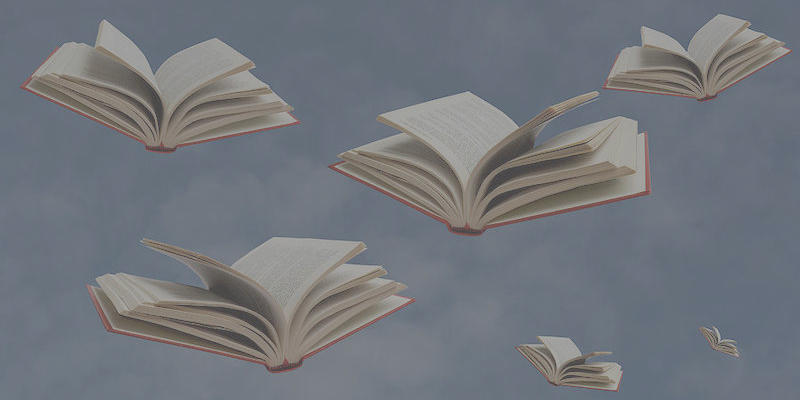
What Does It Mean to Be a “Good Author” When You Publish a Book?
Maris Kreizman on the Realities of Seeing Your Book Out Into the World
Last week the literary agent and soon-to-be author Alia Hanna Habib asked me how I’ve used my experience in the literary world to be a “good author” (my book comes out in July). Yes, this is a brag, because as someone who’s worked in and around the publishing industry for a couple of decades, it’s important to me that others think I’m a “good author.” I think Alia was referring to someone who is easy to work with, not too high maintenance, is respectful, etc.
If my more than two decades in books has taught me anything about being an author, it’s to manage my expectations. I don’t have my heart set on a celebrity book club pick, and I’m not gonna be devastated if I don’t get the cover of the New York Times Book Review (or any page in there, for that matter). I will not be waiting with bated breath to see the nonfiction bestsellers list the week my book comes out. These things are out of my control and they are out of my publicist’s control. There is nothing but heartache for the author who doesn’t realize this, and even more heartache for that author’s publishing team, who are overworked and underpaid as it is.
So what do I want from the publication of this book? To be brutally honest, I found the time to write this book partly because my freelance writing opportunities (let’s not even talk about actual jobs!) were drying up, and working on a big project that was somewhat in my control felt like a nice alternative to sending out a ton of fruitless pitches. With the sale of the book I made a little bit of money, not nearly enough to live on, but enough to have a cushion (I imagine the pressure for my book to perform well would be a lot higher if my advance had been bigger). So professionally, I already think I’ve succeeded. If nothing else, being able to quit LinkedIn and take a little time off from looking at employment websites was worth it (once again shout out to my husband for the health insurance).
I still want to live in a world in which many people can make a living by writing books.
My biggest hope is that some new work arises from this book. More writing opportunities? Teaching? Something else? I will finally have an answer, a physical answer I can hold in my hand, to the question “What do you do?” Because usually when I’m asked such a question I just shrug and say “books?” and that is a tough job to piece together at a dinner party.
But that’s not all. I can’t wait to talk to readers about the book, of course. And I’m excited to meet booksellers and librarians IRL after I’ve followed so many of them online for so long. I want to see friends in different cities (I get to do a book tour and I don’t take that for granted!), and I want to make new ones.
I know I’ve already made my parents proud, and that means a lot. When you write a book about how you’ve become disillusioned with the ideas that you were taught to value, you have to worry about your family’s reactions. When she finished reading my mom asked me if I experienced any catharsis from having written the book, which I found to be a really beautiful question. I did. Writing the book was an invaluable way to unload my emotions and clarify my thoughts. I feel so much anger (I mean, come on, look around) but I’m also so grateful for what I have.
So what’s next? I would love to write another book while I navigate the uncertainty of freelance life; perhaps it would be fitting to write an exploration of the death of the creative middle class and what it means for the culture. Sometimes I can’t believe there was ever a time when I used to be able to simply tweet a hot take and an editor would ask in my DMs if I wanted to write about it for their publication. I didn’t know how good I had it! That era is over.
And even if my goals for my own upcoming book are modest, I still want to live in a world in which many people can make a living by writing books. It’s so important for the future of letters and for the future of the book business. I don’t need to be one of them as long as I can continue to read and write about them.
Maris Kreizman
Maris Kreizman hosted the literary podcast, The Maris Review, for four years. Her essays and criticism have appeared in the New York Times, New York Magazine, The Atlantic, Vanity Fair, Esquire, The New Republic, and more. Her essay collection, I Want to Burn This Place Down, is forthcoming from Ecco/HarperCollins.



















